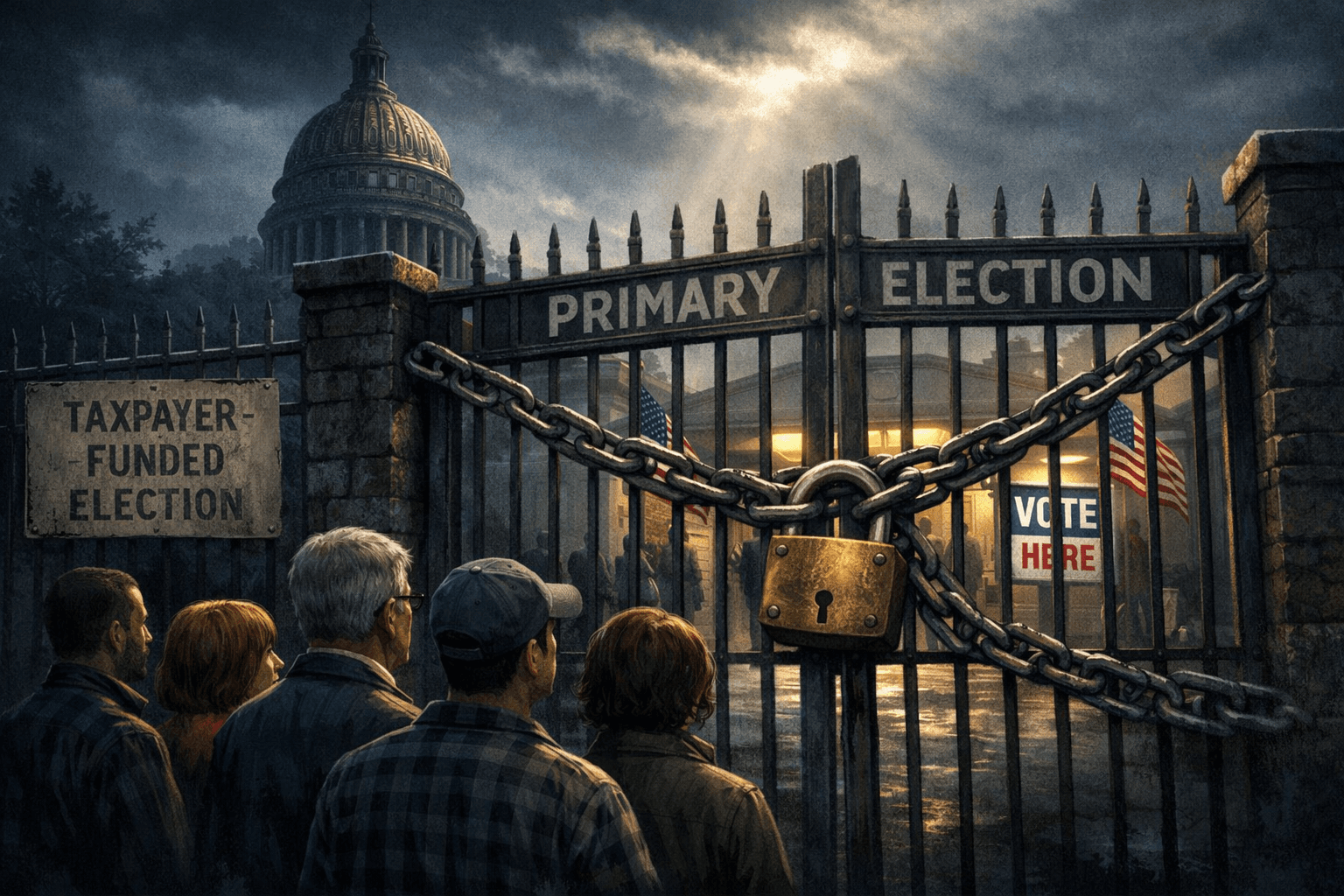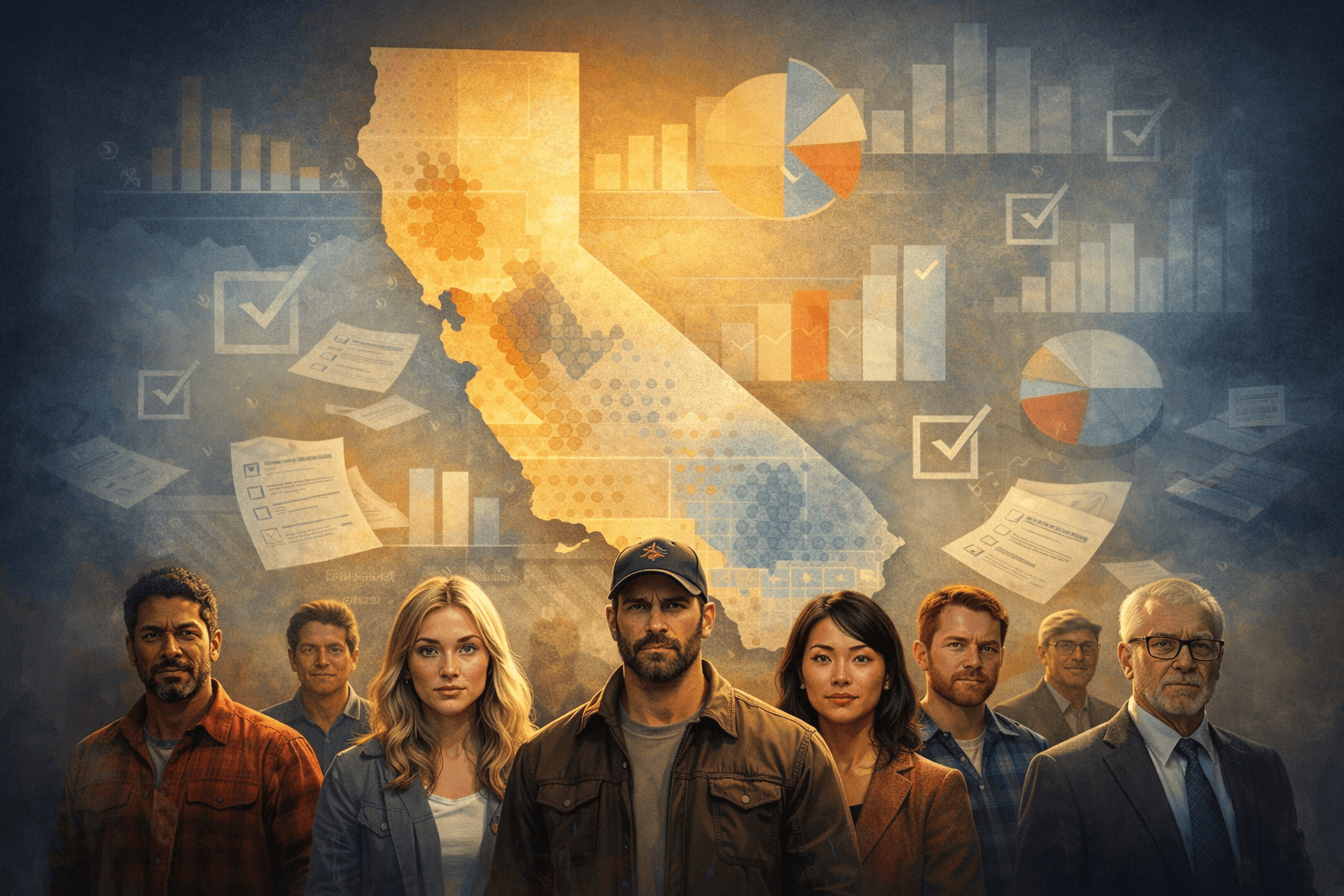Independent Voters Reject Medicaid Cuts as Senate GOP Struggles to Unite on Budget Bill

WASHINGTON, D.C. - As the Senate begins debate Monday on President Donald Trump’s “One Big Beautiful Bill,” polling underscores a widening gap between congressional Republicans and the independent voters they will need to win future elections. At the center of the conflict is Medicaid.
Two recent polls show overwhelming opposition among independents to cutting Medicaid funding. A KFF Health Tracking Poll released May 1 found that 79% of independent voters oppose reductions to Medicaid. A separate April 2025 Navigator Research Survey yielded nearly identical results, with 78% of independents opposed to Medicaid cuts.
Those views are gaining traction in the Senate, where a group of Republican lawmakers is openly opposing provisions in the House-passed bill that could result in citizens losing Medicaid coverage. It includes new work requirements and administrative barriers.
The bill's fate may hinge not only on internal party compromise, but also on whether GOP leaders are willing to heed a growing chorus of independent voters who are clearly saying, ‘Do not touch Medicaid.’
“Medicaid Moderates” Push Back
Missouri Senator Josh Hawley, one of the most vocal Republican critics of the Medicaid provisions, has tied his position directly to voter sentiment. In a May opinion column for The New York Times, Hawley warned that cutting Medicaid would be "both morally wrong and politically suicidal."
“Republicans need to open their eyes,” he wrote. “Our voters support social insurance programs. More than that, our voters depend on those programs.”
Hawley reiterated that position on June 2, saying he spoke directly with President Trump about the bill’s Medicaid provisions. “Just had a great talk with President Trump about the Big, Beautiful Bill. He said again, NO MEDICAID BENEFIT CUTS,” he posted on X.
Earlier this week, he also said, “I would hope that we would elect not to do anything that would endanger Medicaid benefits as a conference.”
Dubbed the “Medicaid Moderates” by POLITICO, Senators Susan Collins of Maine and Lisa Murkowski of Alaska are also among the GOP moderates seeking changes to the bill’s Medicaid language.
Jerry Moran of Kansas and Jim Justice of West Virginia have also drawn public red lines over health care, according to POLITICO. Debates over the issue nearly derailed the bill in the House, and the same dynamic is now unfolding in the Senate.
Fiscal Conservatives Also Sound the Alarm
While moderates fight to protect Medicaid, fiscal conservatives are raising alarms about the overall cost of the bill. Senators Rand Paul of Kentucky, Rick Scott of Florida, and Ron Johnson of Wisconsin are pushing for deeper spending cuts, warning that the legislation would increase the federal debt by an estimated $3.8 trillion over the next decade.
On Sunday, Johnson called the situation “completely unsustainable” in an interview with Maria Bartiromo on Fox News. He is pushing to return spending to pre-pandemic levels and split the House bill into two separate Senate packages. “My loyalty is to the American people, to my kids and grandkids. We cannot continue to mortgage their future,” Johnson said.
Senator Paul stated that at least four Republicans now share concerns about the bill’s impact on the deficit. He told CBS News on June 1:
“I would be very surprised if the bill, at least, is not modified in a good direction. Look, I want to vote for it. I'm for the tax cuts. I voted for the tax cuts before. I want the tax cuts to be permanent, but at the same time, I don't want to raise the debt ceiling 5 trillion. So, I've told him, if you take the debt ceiling off the bill, in all likelihood, I can vote for what the agreement is on the rest of the bill, and it doesn't have to be perfect to my liking. But I can't be- if I vote for the $5 trillion debt, who's left in Washington that cares about the debt. We will have lost it. The GOP will own the debt once they vote for this."
Trump attempted to rally support by warning Paul on social media. “If Senator Paul votes against the bill, the GREAT people of Kentucky will never forgive him,” the president wrote on Truth Social.
The Stakes for Independent Voters
The sharp divide within the GOP comes as independents signal they are closely watching how Congress handles health care programs that millions rely on. The polling from KFF and Navigator Research leaves little ambiguity: independent voters do not support cutting Medicaid.
Their opposition could carry political consequences. Independent voters played a crucial role in key Republican victories in 2024 and are likely to remain decisive in 2026.
Wall Street Voices Concern
Outside Washington, DC, fiscal risks are also drawing attention. JPMorgan Chase CEO Jamie Dimon warned that rising government spending could spark a crisis in the bond market.
Unless the US takes steps to address its spiraling national debt, “You are going to see a crack in the bond market, OK?” Dimon said during an interview at the Reagan National Economic Forum in California. “It is going to happen.”
In an interview that aired June 2, Dimon warned further that investor confidence in the government's ability to manage its debt is starting to erode.
"If people decide that the U.S. dollar isn't the place to be, you could see credit spreads gap out; that would be quite a problem," Dimon said. "It hurts the people raising money. That includes small businesses, that includes loans to small businesses, includes high yield debt, includes leveraged lending, includes real estate loans. That's why you should worry about volatility in the bond market."
Senate Majority Leader John Thune of South Dakota, meanwhile, is working to keep his party unified. With only a narrow majority, Republicans cannot afford more than three defections.
The debate now unfolding in the Senate will be a key test of whether Republicans can maintain unity while using reconciliation to deliver a major legislative win, without triggering backlash from fiscal conservatives, Medicaid moderates, or the financial markets.
 Cara Brown McCormick
Cara Brown McCormick






